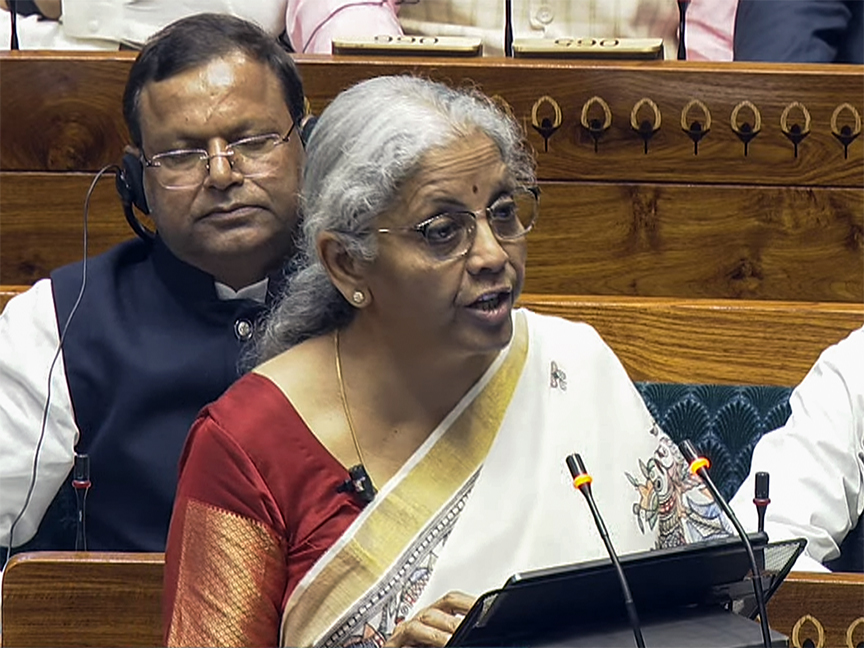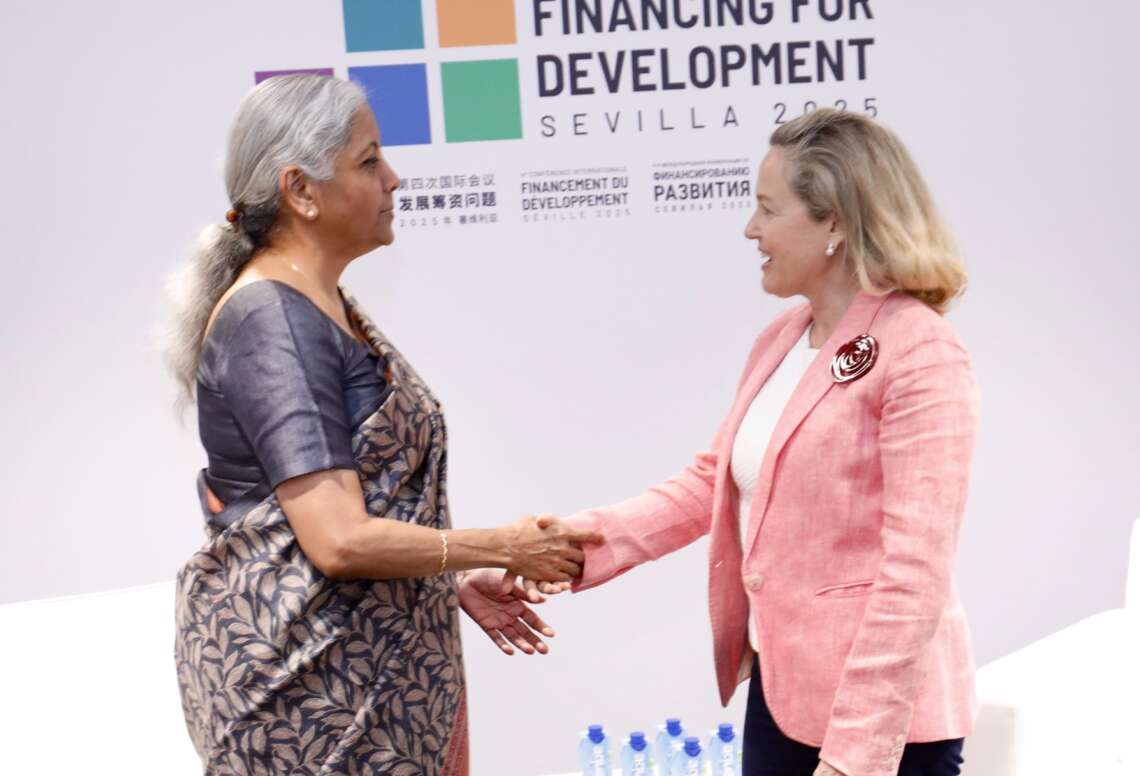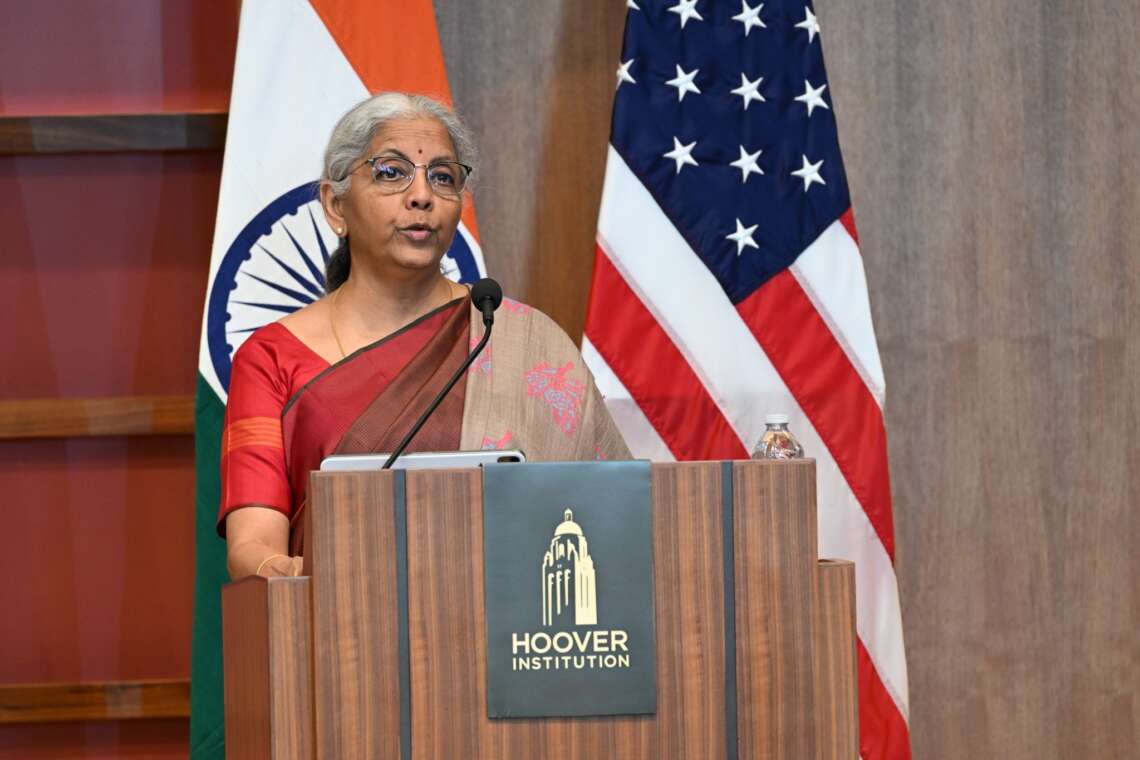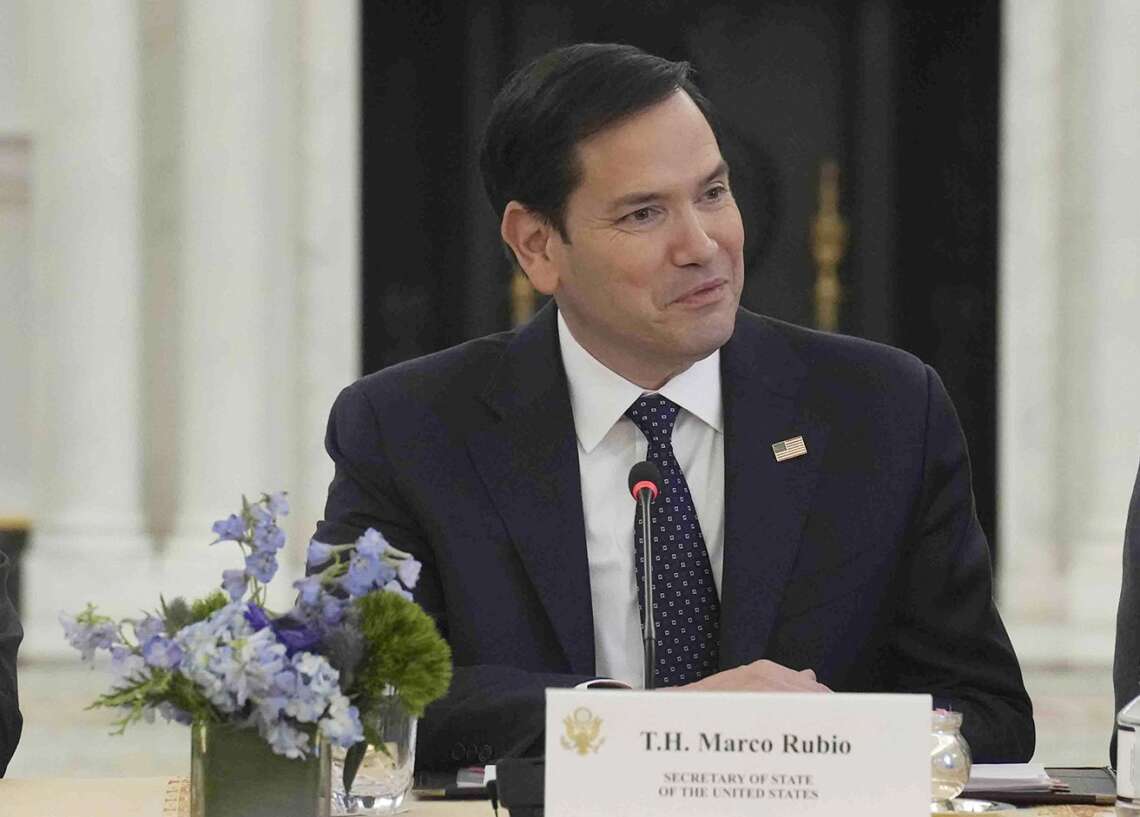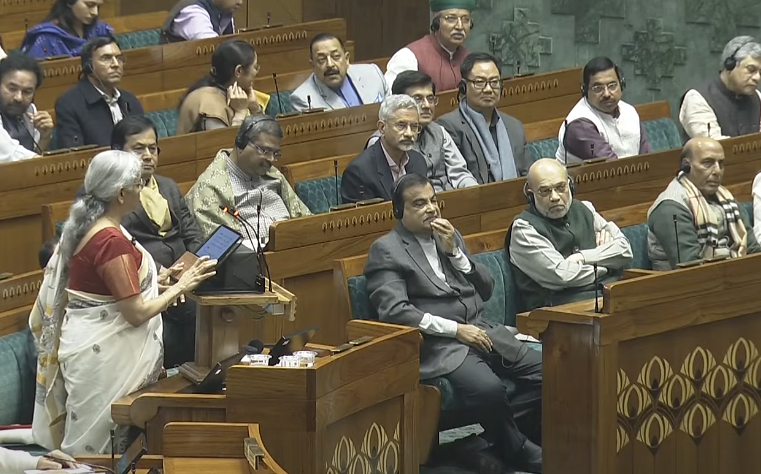The budget aims to lower costs for key industries while boosting local production, but some imports will now come at a higher price.
For most people, the biggest takeaway from the Union Budget is simple—what gets cheaper and what burns a bigger hole in the pocket. This year is no different, as Finance Minister Nirmala Sitharaman’s first full budget of the Modi government’s third term brings a series of changes to basic customs duties (BCD), impacting everyday essentials and manufacturing.
What’s Getting Cheaper?
- Lifesaving Medicines – 36 more drugs for cancer, rare diseases, and chronic conditions now fully exempt from customs duty. Six others will attract a lower 5% duty.
- Critical Minerals – Cobalt powder, lithium-ion battery scrap, lead, zinc, and 12 other essential minerals now duty-free to boost local manufacturing.
- TV Components – Open Cell parts for LCD/LED TVs now exempt from duty to encourage domestic production.
- Lithium-Ion Battery Manufacturing – 35 capital goods for EV batteries and 28 for mobile phone batteries added to the duty-free list.
- Shipbuilding & Shipbreaking – Duty exemptions on raw materials extended for another ten years.
- Railway Maintenance – Duty relief extended to railway maintenance, repair, and overhaul services.
- Telecom Equipment – Carrier Grade ethernet switches now attract a lower 10% customs duty, down from 20%.
- Handicrafts & Leather – Longer export timelines for handicrafts, plus duty exemptions on Wet Blue leather and removal of 20% export duty on crust leather.
- Seafood Exports – Customs duty on frozen fish paste (Surimi) slashed from 30% to 5%, and fish hydrolysate duty reduced from 15% to 5%.
What’ll Cost More?
- Knitted Fabrics – Duty hiked to 20% or ₹115 per kg, whichever is higher.
- Smart Displays – Interactive Flat Panel Display (IFPD) duty doubled from 10% to 20%.
The budget aims to lower costs for key industries while boosting local production, but some imports will now come at a higher price.


